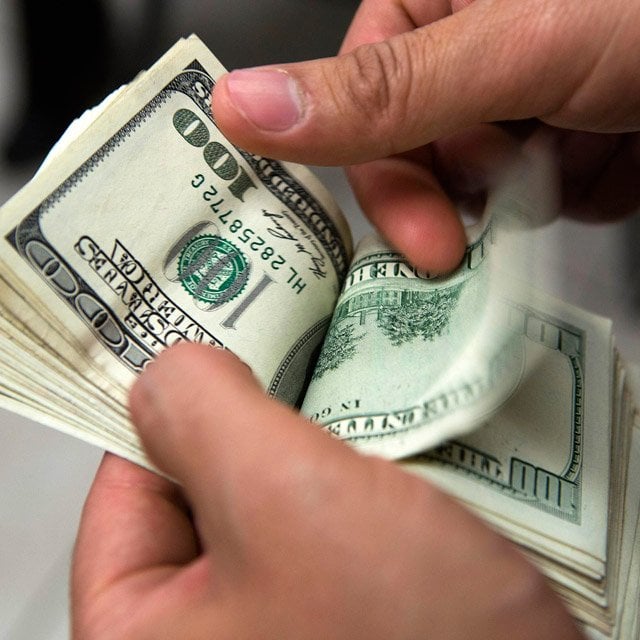Why One Advisor Went All-Cash in Early 2022

What You Need to Know
Money managers have a strong conviction that more pain is in store across stocks and bonds during the remainder of 2022.
One firm moved clients entirely to cash in early in the year and has avoided much of the pain felt by the average investor.
Depending on a firm’s client demographics, it may be time to reconsider how much market risk is appropriate.
As president of Piershale Financial Group, Mike Piershale carries a significant mix of responsibilities that cut across business development, client service and operations.
Some days he hosts educational seminars for clients while others are spent in dialogue with service provider partners or in conducting market analyses. Every day brings something new, Piershale says, but the fundamentals of high-quality financial advice don’t change. Success is about educating clients, taking compensated risk and reducing the chances of unexpected negative outcomes.
‘Buy-Sell’ Signals
Piershale says his firm, in many ways, is a fairly standard wealth management practice, carrying some $260 million in client assets invested primarily through exchange-traded fund vehicles. The practice is built around three primary wealth planning partners supported by five staffers, and it has been in operation since 2000.
According to Piershale, the firm’s value proposition is built on portfolio management expertise and holistic financial planning, with a focus on supporting clients that are approaching or in retirement. Piershale says the firm takes its client care responsibilities very seriously, and its service model includes Social Security claiming optimization and retirement cash flow analysis.
“In many ways we are a pretty traditional wealth management outfit,” Piershale tells ThinkAdvisor. “One thing that makes us unique, however, is our tactical approach to building portfolios. We take an approach that is specifically tailored to help protect our clients as they approach and navigate retirement. In fact, right now, we have moved 100% into cash and cash equivalents in order to protect our clients from the destruction we have seen in the markets.”
Piershale says the full pivot to cash has been in place since the early spring, and it is unlikely that this position will be meaningfully adjusted before the end of 2022.
“The basic way I explain our approach is that it is based on three key ‘buy-sell’ signals, each of which controls the placement of a third of our total stock investments,” Piershale explains. “These are not our own signals, by the way, but rather a proprietary solution in which we participate.”
When any one of the buy-sell signals goes negative, Piershale explains, a third of the firm’s total assets are immediately transferred to cash and cash equivalents, specifically Treasury bills or money market funds. If or when the second or third buy-sell signals turn negative, a further third of the assets are converted to cash.
Currently, Piershale notes, all three buy-sell signals are “firmly in the negative,” meaning the firm’s clients are sitting entirely on the equity market sidelines.
“We also have a bond market buy-sell signal that hardly ever triggers a sale,” Piershale points out. “However, that signal also turned negative back in January, so we have also been out of the bond market for most of this entire year, thank goodness. We are experiencing biggest drop in bond prices for a nine-month period in the entire history of the U.S. At this point in time, all our triggers are negative, and so we are really just sitting on the sidelines.”
Staying on the Sidelines
Piershale says he has a strong conviction that more pain is in store across stocks and bonds, and so he does not feel anxious to reinvest and buy the dip at this juncture. Thanks to proactive communications and regular market commentaries put forward by the firm, the clients aren’t feeling overly anxious, either.


